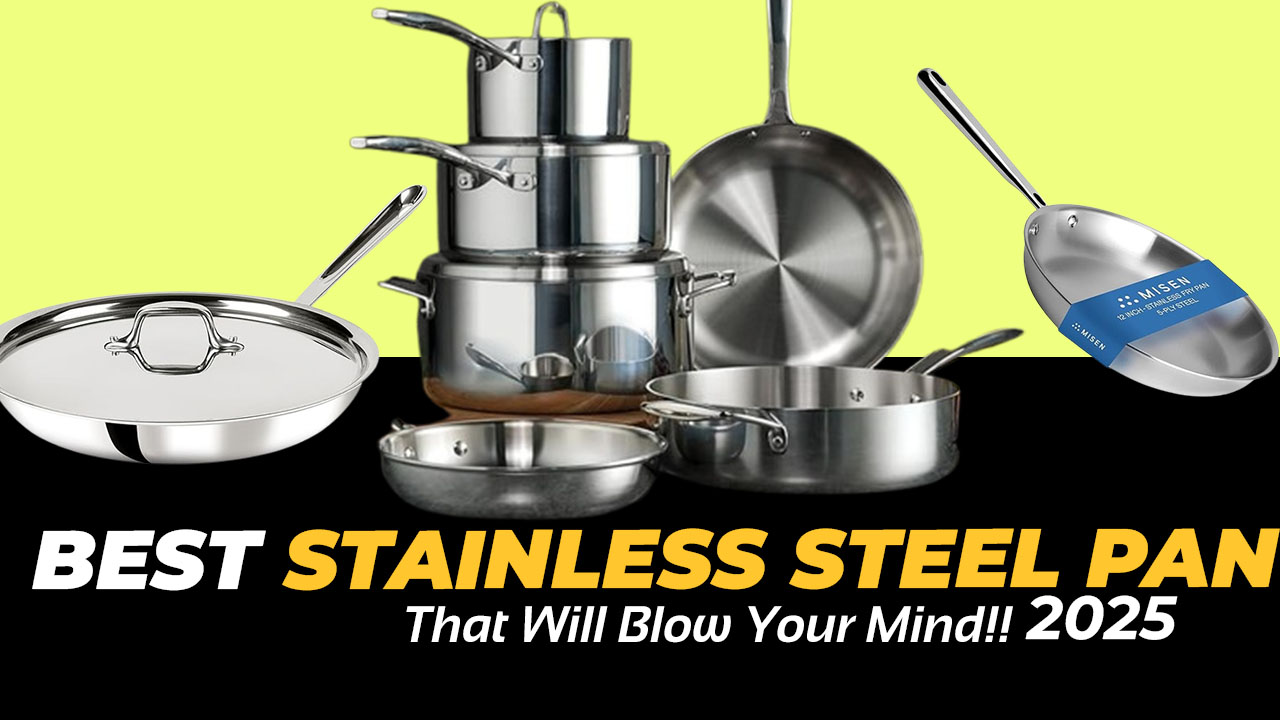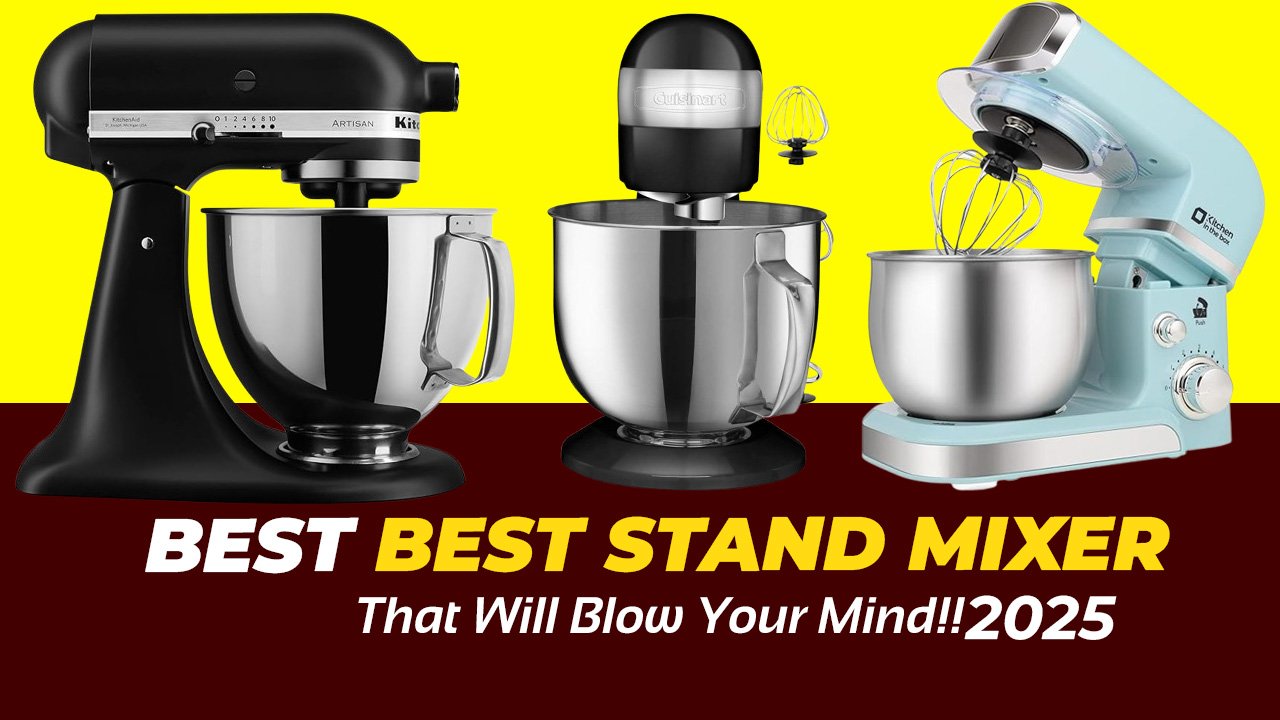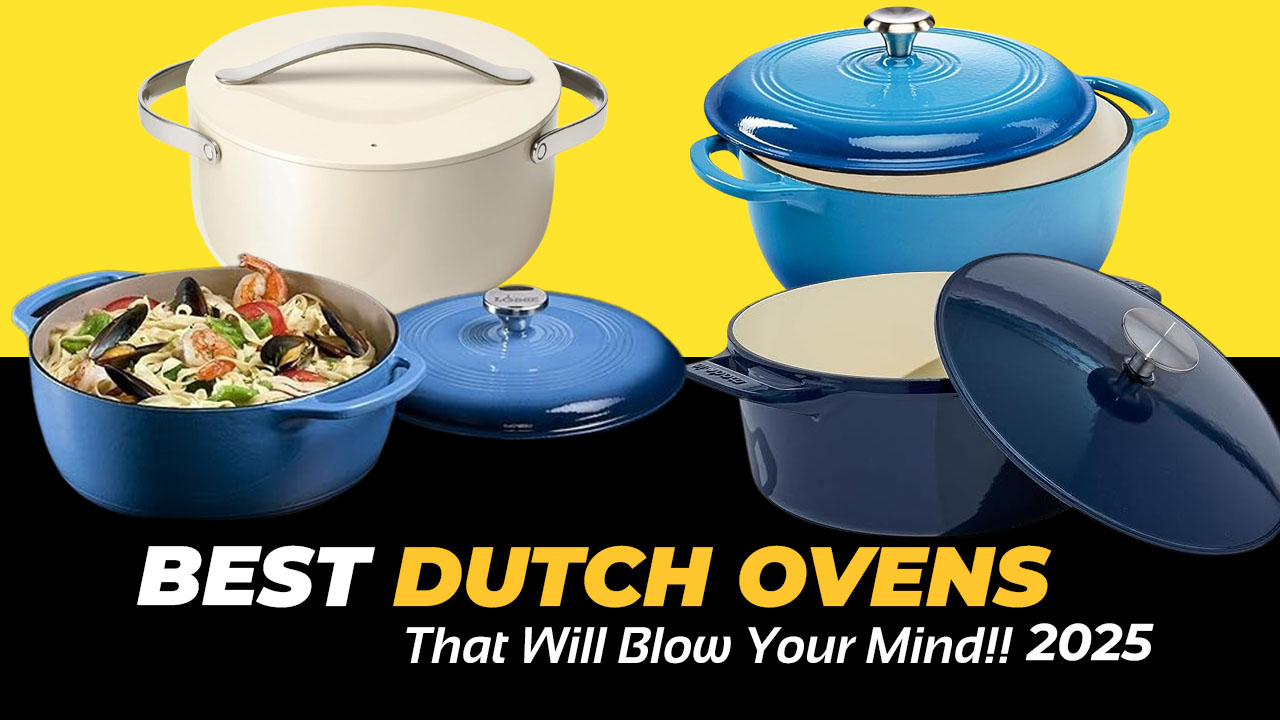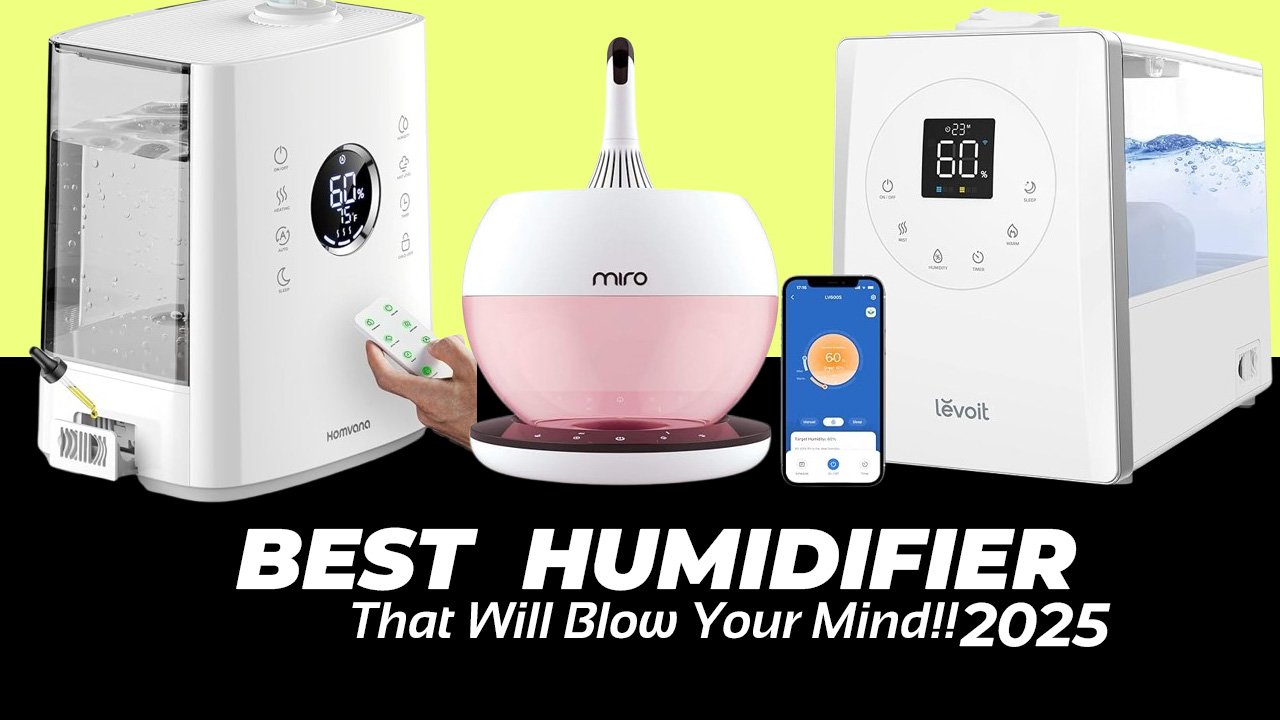As an Amazon Associate, I earn from qualifying purchases at no extra cost to you.
Best Electric Pressure Washer 2025 Easy Cleaning
The backyard looked like a muddy battlefield after last week’s rain. The driveway had turned dull, and the car had streaks that no sponge could fix. I plugged in a small electric pressure washer out of frustration—and wow, it blasted away everything in seconds. That moment made me realize how powerful and satisfying these machines can be. In this article, we’ll talk about the top six electric pressure washers that actually make cleaning fun, quick, and easy.
Top 6 Best Electric Pressure Washer for Fast, Deep, and Easy Cleaning
Sun Joe XTREAM Electric Pressure Washer
The Sun Joe XTREAM Electric Pressure Washer is a household favorite for a reason. It’s powerful enough for almost any outdoor job but still compact and light enough to carry easily. With a 13-amp motor that pushes up to 2200 PSI, it makes cleaning patios, cars, or decks feel simple. It also includes four quick-connect nozzles, so switching spray patterns takes seconds.
Another smart touch is the Total Stop System. It shuts off the pump when you release the trigger, which saves energy and keeps the machine lasting longer. The dual detergent tanks are perfect for tackling different cleaning jobs without refilling all the time. I like that everything fits neatly on the body, making it easy to store after use.
While using it, you can feel how steady the pressure flow is. It doesn’t sputter or pulse, which means you get consistent cleaning power. The hose length is good enough for medium-sized areas, and the handle feels comfortable even for long jobs. The bright design also makes it easy to spot among your garden tools.
One small thing to know is that it’s best for light to moderate work. Heavy grime on large surfaces may take a few passes, but it’s still faster than scrubbing by hand. It’s reliable, easy to assemble, and gives you more value than expected.
- 13-amp motor, 2200 PSI power
- Four quick-connect nozzles
- Dual detergent tanks
- Energy-saving Total Stop System
- Ideal for patios, decks, and vehicles
Westinghouse ePX3500 Electric Pressure Washer
The Westinghouse ePX3500 feels like a small powerhouse. It has a 2500 PSI motor that delivers strong pressure for cleaning everything from sidewalks to siding. The first thing you notice is how compact and easy it is to move around. Its anti-tipping design keeps it steady, even when you pull hard on the hose.
The built-in hose reel keeps everything organized. It’s simple to wind up the hose without tangles. The steel wand feels strong and well-balanced in your hand. Even after an hour of cleaning, it doesn’t feel heavy or awkward. It’s built to be user-friendly, so anyone can use it without frustration.
Another nice feature is its quiet motor. You can clean early in the morning or evening without bothering the neighbors. The nozzle options give you flexibility for washing cars, furniture, or driveways. It’s also easy to attach soap using the foam cannon for that perfect foamy car wash look.
Durability-wise, this model feels solid. The wheels roll smoothly over grass or concrete. Maintenance is low—just drain water after use and store it in a dry spot. If you want professional-style cleaning in a compact body, this one checks every box.
- 2500 PSI, 1.76 GPM
- Anti-tipping compact design
- Onboard hose reel
- Pro-style steel wand
- Easy to maneuver and quiet
Greenworks 1900 PSI Electric Pressure Washer
If you need something lightweight and affordable, the Greenworks 1900 PSI Pressure Washer is a solid choice. It’s designed for homeowners who want quick and simple cleaning without complicated features. With its 13-amp motor and 25-foot hose, it covers most small to medium outdoor tasks easily.
You can use it to clean cars, patio furniture, or fences. It has just enough power to lift dirt and grime but doesn’t risk damaging paint or delicate surfaces. The soap applicator is convenient, especially for washing vehicles or garden tools. It’s quiet, easy to start, and simple to store.
The best part about this washer is its size. You can carry it anywhere with one hand. It’s perfect for people with smaller homes or limited storage space. Plus, it’s reliable—you plug it in, pull the trigger, and it works.
It’s not made for large driveways or heavy stains, but for light cleaning, it’s one of the easiest options around. It’s also backed by a good reputation for durability. If you want to keep things simple and effective, Greenworks makes it possible.
- 1900 PSI, 1.2 GPM
- Lightweight and compact
- 25-ft hose and soap applicator
- Great for small cleaning jobs
- Quiet and efficient
Kärcher K1700 Pressure Washer
Kärcher has a long history in cleaning equipment, and the K1700 model shows why. It’s built tough and performs smoothly. With 1700 PSI and a 1.2 GPM flow rate, it’s perfect for everyday use. The design is clean, solid, and easy to handle.
One standout feature is the foot pedal switch. It lets you turn the washer on or off quickly without bending down. The onboard storage keeps the nozzles, cord, and hose neatly packed. You won’t waste time searching for parts.
This pressure washer feels stable during use, even when water pressure is high. It comes with three quick-connect nozzles that handle a variety of tasks. Whether you’re rinsing the patio, washing outdoor furniture, or cleaning siding, it delivers steady performance.
While it’s not the most powerful washer here, it’s dependable, quiet, and made to last. The handle and wheels make it easy to move around, and it stores well in small spaces. For simple, regular cleaning jobs, the Kärcher K1700 is a friendly and trustworthy pick.
- 1700 PSI, 1.2 GPM
- Foot pedal power control
- Onboard nozzle and hose storage
- Durable and steady frame
- Easy to operate and move
Electric 3800 PSI Pressure Washer (PowRyte)
If power is your main goal, the PowRyte 3800 PSI Electric Pressure Washer brings serious strength. With up to 2.4 GPM, it can handle tough stains on concrete, brick, or large decks. You can feel the pressure the moment you start spraying. It blasts dirt away in seconds.
It comes with four quick-connect nozzles for different cleaning levels, from gentle rinsing to strong jet streams. The Total Stop System helps save energy and extends the pump life. It also has big wheels and a hose reel, so moving and storing it feels smooth and simple.
This washer is perfect for heavy cleaning, like driveways, garage floors, and old fences. It’s not the quietest model, but it’s incredibly effective. The spray gun feels solid, and the cord is long enough to cover wide spaces without unplugging.
Because of its power, you need to use it carefully on delicate surfaces. But once you learn the settings, it becomes an all-around cleaning hero. It’s reliable, fast, and ideal for anyone who wants professional results at home.
- 3800 PSI, 2.4 GPM
- Four quick-connect nozzles
- Hose reel and large wheels
- Total Stop System
- Best for tough outdoor cleaning
CRAFTSMAN 1900 PSI Electric Pressure Washer
The CRAFTSMAN 1900 PSI model is all about balance. It gives you steady pressure for cleaning without being too loud or bulky. With 1.2 GPM and a strong 13-amp motor, it easily handles everyday jobs like washing the car or spraying off patio dirt.
It’s compact, but it doesn’t feel weak. The solid frame and wide base keep it stable while you clean. The detergent tank is built-in, so applying soap is quick and easy. The 25-foot hose gives you good reach around your home or yard.
This washer is known for reliability. The red finish gives it a professional look, and it feels sturdy in hand. You don’t need much setup—just connect the hose, plug it in, and go. Maintenance is simple and hassle-free.
It’s not meant for extra-heavy work, but for most households, it’s the perfect mix of power, comfort, and price. You can use it regularly without worry, and it will keep running smoothly.
- 1900 PSI, 1.2 GPM
- Built-in detergent tank
- Compact and stable design
- Great for cars, patios, and furniture
- Easy to use and store
A good electric pressure washer turns cleaning from a chore into a small victory. Each of these six models offers something special—power, size, or design. Whether you need light cleaning or full power, these machines make it fast, easy, and even a bit fun.
| Model | PSI / GPM | Best Use | Key Feature |
|---|---|---|---|
| Sun Joe XTREAM | 2200 / 1.65 | Cars, patios | Dual detergent tanks |
| Westinghouse ePX3500 | 2500 / 1.76 | Driveways, decks | Anti-tipping design |
| Greenworks 1900 | 1900 / 1.2 | Small jobs | Lightweight and quiet |
| Kärcher K1700 | 1700 / 1.2 | General use | Foot pedal switch |
| PowRyte 3800 | 3800 / 2.4 | Heavy cleaning | High PSI and hose reel |
| CRAFTSMAN 1900 | 1900 / 1.2 | Cars, patios | Built-in detergent tank |
Things to Consider Before Buying Electric Pressure Washer
Water Pressure and Flow Rate
The first thing to check in an electric pressure washer is the water pressure and flow rate. Pressure is measured in PSI, and flow rate is measured in GPM. Together, they decide how strong and fast the water sprays. More PSI means stronger force, and higher GPM means more water output.
If you just need to wash cars, windows, or furniture, a washer with 1500–2000 PSI is enough. But for patios, driveways, or fences, look for 2000–2500 PSI. Anything above that is best for heavy-duty jobs. Still, too much pressure can damage paint or delicate surfaces, so balance matters.
Also, the flow rate affects how quickly you finish cleaning. A washer with higher GPM covers more area faster. Some models even allow adjusting both PSI and GPM for flexibility. The right mix of power and flow gives you a cleaner surface without wasting water.
- Check PSI and GPM together
- Use 1500–2000 PSI for light work
- Choose 2000–2500 PSI for tougher jobs
- Avoid too much pressure on delicate surfaces
Motor Power and Type
Motor power is another key point to think about. Electric pressure washers use either a universal motor or an induction motor. Universal motors are lighter and cheaper but can be noisier and wear out faster. Induction motors, on the other hand, are quieter, stronger, and last longer.
A 13-amp motor is standard for most models. It gives enough power for common cleaning jobs. However, if you plan to use your washer often, it’s better to pick a model with a durable induction motor. It might cost more upfront, but it saves you from frequent replacements.
Pay attention to cooling systems too. Motors that run cooler last longer. Look for brands that mention thermal protection or automatic shut-off features. Those small details make a big difference in reliability.
- Induction motors last longer
- Universal motors are lighter and cheaper
- Thermal protection helps prevent overheating
- 13-amp motors suit most household tasks
Nozzles and Spray Tips
Nozzles are the parts that decide the water angle and power. They come in color-coded tips like red, yellow, green, white, and black. Each one sprays at a different angle—from a sharp 0° jet to a gentle 65° fan. Using the wrong nozzle can either waste water or damage your surface.
For example, red (0°) is for very tough stains, but it can cut paint. Yellow (15°) works well for concrete, and green (25°) is great for general cleaning. White (40°) is gentle enough for cars and glass. The black one is for applying soap or detergent.
Some washers also have an adjustable nozzle or a rotating turbo nozzle. These are handy if you don’t want to switch tips often. The key is to know which nozzle fits your task and use it safely.
- Red 0°: toughest stains
- Yellow 15°: driveways, bricks
- Green 25°: general cleaning
- White 40°: cars, windows
- Black: soap or detergent use
Hose Length, Cord, and Portability
A long hose and power cord make cleaning easier. Short ones force you to move the washer too often, which can get annoying. A hose length of around 20–25 feet is good for small areas, while 30 feet or more gives better freedom for driveways or gardens.
Also, check the quality of the hose. A flexible, high-pressure hose won’t twist or kink easily. Some models even have a hose reel for neat storage. That saves time and keeps the hose from getting damaged.
Portability matters too. If your washer is heavy, wheels and a good handle make it much easier to move. A compact design helps if you need to store it in a small space. Look for models with balanced weight and sturdy frames for smooth handling.
- Choose longer hoses for large areas
- Look for anti-kink or high-pressure hoses
- Hose reels make storage easier
- Wheels and handles improve portability
Detergent System and Attachments
Most electric pressure washers come with a detergent tank or soap bottle. This feature helps mix soap into the water for better cleaning results. A built-in detergent tank is more convenient since you don’t need to attach anything separately.
Check if the washer allows easy switching between detergent and water-only modes. Some have dual tanks for using two soaps at once. It’s especially helpful when cleaning different surfaces, like wood and concrete.
Attachments can make cleaning faster and safer. Surface cleaners, foam cannons, and extension wands expand what your washer can do. Think about what kind of cleaning you’ll do most, then pick attachments that match.
- Built-in detergent tanks are convenient
- Dual tanks allow using different soaps
- Attachments make cleaning easier
- Foam cannons help with cars and bikes
Safety Features and Maintenance
Safety is often overlooked but very important. Electric pressure washers shoot strong water streams, so safety locks and automatic stop systems are must-haves. The Total Stop System (TSS) shuts off the motor when you release the trigger, saving power and reducing wear.
Also, make sure the power cord has proper insulation and a GFCI plug. This protects you from electric shocks, especially when working around water. Some washers also include thermal sensors that stop the motor if it overheats.
Maintenance is simple but necessary. Always flush out detergent, drain water from hoses, and store it dry. Clean nozzles and filters regularly to keep pressure consistent. A few minutes of care after each use keeps your washer in great shape for years.
- Look for TSS for safety
- Use washers with GFCI plugs
- Drain and dry after use
- Clean nozzles and filters often
Buying an electric pressure washer can be confusing, but it doesn’t have to be. When you focus on power, motor type, nozzles, and safety, choosing becomes easier. The right washer saves time, water, and effort. A little research before buying makes cleaning smoother, faster, and even a little enjoyable.
| Feature | What to Look For | Why It Matters |
|---|---|---|
| Water Pressure | 1500–2500 PSI | Matches job strength |
| Motor Type | Induction motor | Runs longer and quieter |
| Nozzles | Multiple spray angles | Controls water force |
| Hose Length | 25–30 feet | Covers more area |
| Detergent System | Built-in tank | Easier soap use |
| Safety Features | TSS, GFCI plug | Prevents accidents |

Frequently Asked Questions (FAQs)
Is it safe to use an electric pressure washer on a car?
Yes, it’s safe if you use the correct nozzle and distance. Choose a 25° or 40° nozzle and stand at least two feet away from the car’s surface. Too close can remove paint or damage trim. Always test on a small spot first. Use a soap designed for cars, not harsh detergent. With gentle pressure, an electric washer cleans faster and safer than scrubbing by hand.
Is it okay to use an extension cord with these washers?
You can use one, but be careful. Pick a heavy-duty cord rated for outdoor use and with enough amperage for the washer. A thin or long cord can reduce power or even overheat. Keep connections dry and off the ground. If possible, plug directly into a wall outlet for the best performance.
Can I use hot water in these machines?
Most electric pressure washers are built for cold water. Hot water can damage the pump seals or internal parts. If you need to clean greasy surfaces, use a good detergent instead. Always check your washer’s manual before trying warm or hot water.
Is it hard to maintain an electric pressure washer?
Not at all. After each use, release pressure, drain the hose, and store it in a dry spot. Clean the nozzle tips and remove any debris. A little care keeps it working for years. Electric models need less maintenance than gas ones since there’s no oil or fuel to change.
Can I use it to clean walls or siding?
Yes, but start with a wider nozzle like 25° or 40°. Keep a few feet away and move evenly across the surface. Avoid high pressure near windows or vents. A detergent designed for siding helps remove mold or dirt faster. It’s an easy way to refresh your home’s exterior.
Do I need special soap for pressure washers?
Yes, use soap made for pressure washers. Regular dish or laundry soap can create too many bubbles and clog the system. The right detergent gives better results and protects the pump. Most brands sell their own formulas for cars, decks, or houses.
Is it normal if the water pressure drops sometimes?
A slight drop is normal when switching nozzles or if water supply is low. Check the hose for kinks and make sure your garden tap is fully open. If it keeps happening, clean the filter or nozzle tip. Consistent pressure usually means everything is working fine.
Do I need to wear protection while using it?
Yes, safety matters. Wear closed shoes, safety glasses, and gloves. The water jet is strong enough to cut skin if used carelessly. Keep kids and pets away when cleaning. Stay alert and you’ll be fine—it’s powerful but safe when used properly.










